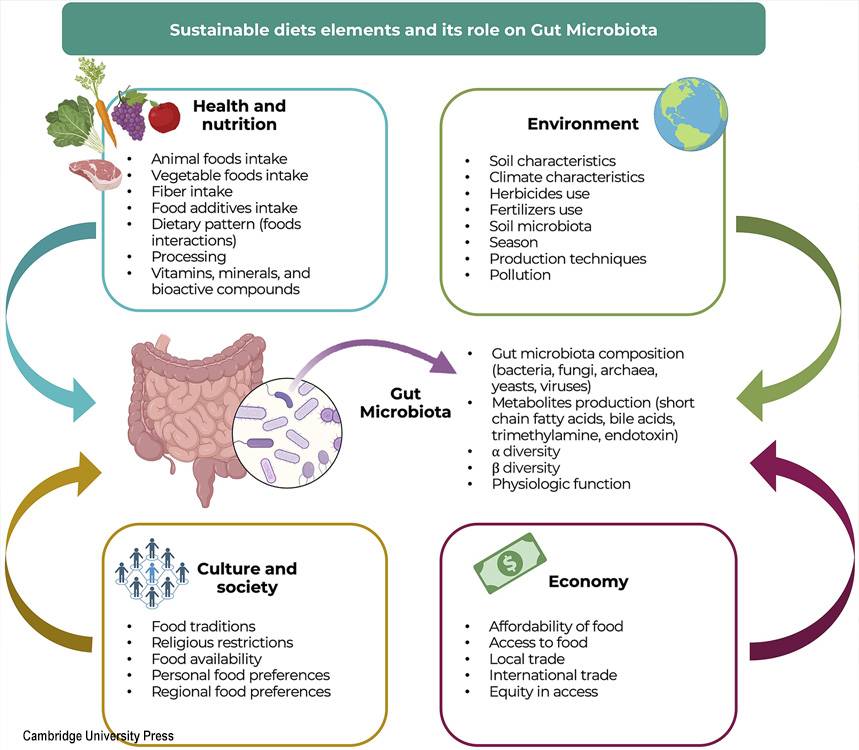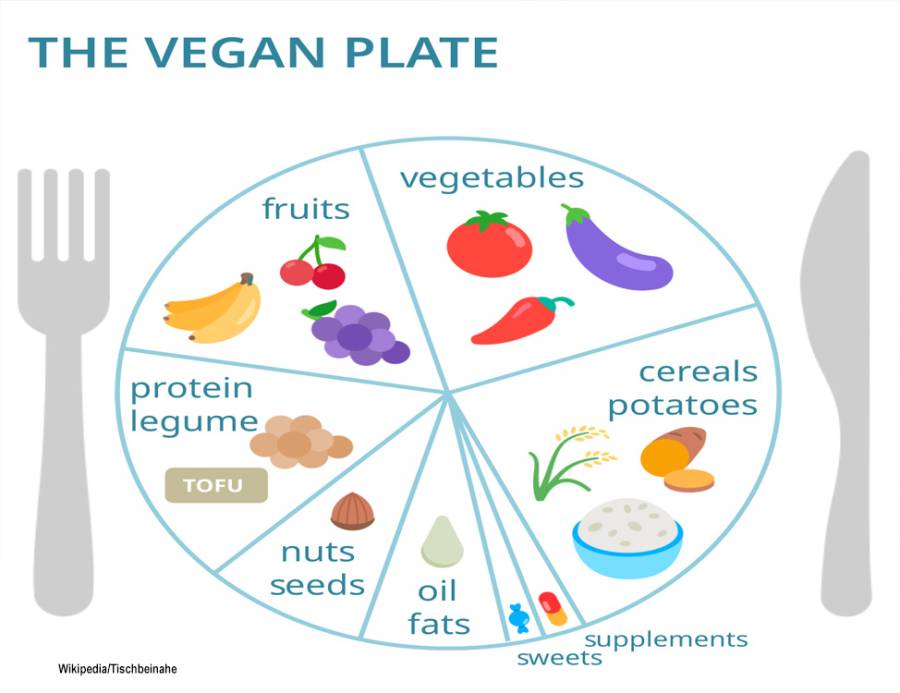Vegan vs. Vegetarian vs. Omnivore: Does diet type really impact gut health?

Gut health plays a pivotal role in your overall well-being, influencing everything from digestion to immunity. While much has been debated about how diet type affects gut microbiome composition, recent research sheds new light on the subject—it may not be about whether you eat meat or not, but rather what you eat and how diverse your diet is.
Quality and Diversity: The real game-changers
According to a groundbreaking study from Università di Trento, dietary quality and food variety have a far greater impact on gut health than simply following a vegan, vegetarian, or omnivorous diet. This challenges the conventional wisdom of restrictive eating patterns as the sole path to a balanced gut microbiome.

Dr. Nicola Segata, professor and principal investigator at the Department of Cellular, Computational, and Integrative Biology, highlights the complexity of the relationship between diet and gut health. “The gut microbiome mediates part of the effect that diet has on our health,” says Segata. “Understanding how diet shapes the microbiome and regulates metabolism is of primary importance.” However, he adds that individual microbiomes are highly unique, making it difficult to draw universal conclusions.
Omnivores and elevated risks
In this extensive analysis involving more than 21,000 participants from the U.S., U.K., and Italy, researchers observed notable differences in microbiome composition among diet types:
- Omnivores had higher levels of bacteria linked to meat digestion and inflammatory bowel disease (IBD).
- Bacteria such as Ruminococcus torques and Bilophila wadsworthia were more prevalent in omnivores, organisms previously associated with an elevated risk of colorectal cancer.
Segata cautions, “While the presence of these microbes doesn’t guarantee disease, they may indicate increased risk factors. Red meat consumption, a known risk for colorectal cancer, could be partly responsible.”
Why plant-based diversity matters
Vegans and vegetarians demonstrated lower overall bacterial diversity, a metric often linked to gut health. However, what truly matters is the type of bacteria present. Researchers found more beneficial bacteria in plant-based eaters, including short-chain fatty acid producers like Bacteroides and Firmicutes. These microbes help reduce inflammation and promote gut health.

"Our study confirmed that plant-based foods boost beneficial microbes," explains Segata. “Interestingly, some microbes identified were so novel they lack formal names, highlighting the need for further research.”
The takeaway? It’s the diversity and abundance of plant-based foods—not merely avoiding animal products—that enhances gut microbiome health.
Fiber is the key
The greater variety of plant-based foods in your diet, the more diverse your beneficial gut bacteria. Different fibers stimulate the growth of different microbial species, which work together to optimize gut health.
"Each fiber feeds specific microbes," Segata explains. "The more diverse your fiber intake, the better your chances for robust gut health."
Personalized nutrition: The future of gut health
Dr. Rudolph Bedford, a gastroenterologist at Providence Saint John’s Health Center, believes personalized dietary recommendations could revolutionize health care. "Exploring genetic variations in gut microbiome responses can lead to tailored diets that improve health outcomes," he says.
What should you eat for a healthy gut?
Monique Richard, a registered dietitian nutritionist, emphasizes quality and variety:
Vegetables: Opt for nutrient-dense options like kale, broccoli, and cabbage instead of iceberg lettuce.
- Fruits: Rotate through apples, berries, and tropical fruits.
- Whole grains: Incorporate quinoa, oats, and brown rice.
- Lean protein: Include beans, fish, and poultry.
Richard recommends visualizing your plate divided into four quadrants—protein, whole grains, vegetables, and fruits—to achieve balance.
"Nourishing your body from the inside out with quality, diverse foods is key," she adds.
Closing thoughts
It’s not about choosing between veganism, vegetarianism, or omnivorism—it’s about embracing diverse, high-quality foods. By eating more plants and different types of fiber, you can cultivate a healthier gut microbiome, boost your immune system, and reduce inflammation.
Remember: Your gut bacteria are what you feed them.
Want more insights like this?
Follow Medical News on Instagram and Facebook for the latest updates on health, nutrition, and wellness!
Advertisement
Trending
Popular
Broccoli sprout compound may help lower blood sugar in prediabetes, ...
-
Gas Pain vs. Heart Attack: How to tell ...
09:00 PM, 22 Feb, 2025 -
Coconut oil supplement shows promise ...
08:00 PM, 20 Feb, 2025 -
Normal vitamin B12 levels may still ...
05:00 PM, 19 Feb, 2025 -
Revolutionizing Genomic research: The ...
02:00 PM, 19 Feb, 2025



